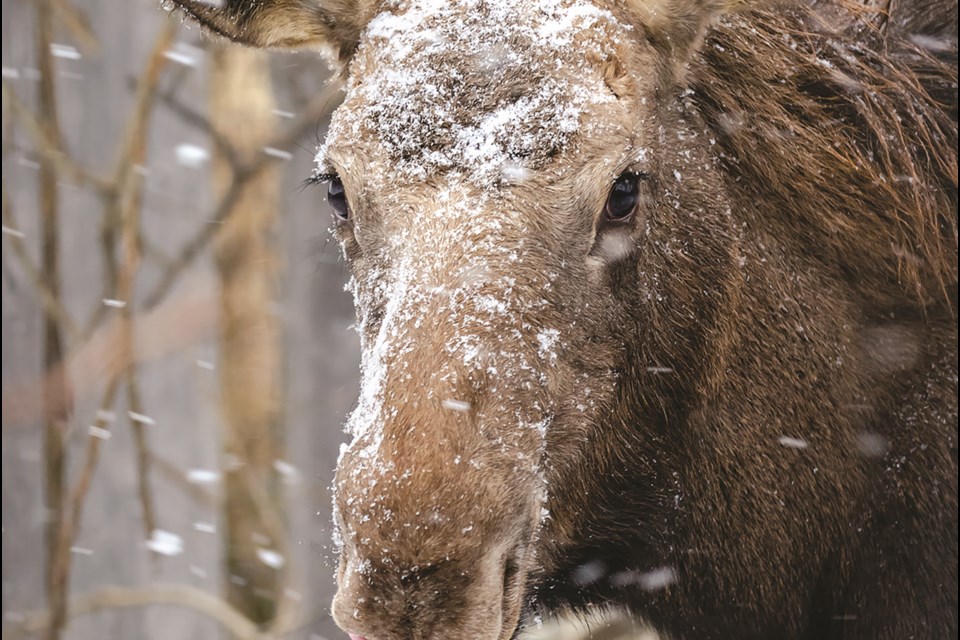After another record-setting year of animal admissions, the Alberta Institute for Wildlife Conservation (AIWC) is capping off a busy 2020 with its annual Give the Gift of Saving Wildlife campaign.
“This is something we hold toward the end of every November through December,” said Holly Lillie, AIWC’s executive director. “It’s our biggest fundraiser of the year.”
It’s been another demanding year for the Madden-based animal hospital and rehabilitation centre, which Lillie said has admitted more than 2,040 animals in 2020 – a 30 per cent increase compared to the same time period in 2019.
“We’ve taken in the most animals ever in our 27-year history,” she said. “We’ve surpassed every other milestone for patient intakes.”
According to Lillie, the variety of species AIWC treats has also increased in recent years. She said when she first joined the veterinary organization seven years ago, the centre would typically see about 120 different animal species come through its doors in a calendar year. That number reached 160 in 2020 and included bear cubs, moose calves, deer fawns, owls and songbirds.
But as the number of animals the centre rehabilitates continues to rise, so do the expenses associated with their care. Lillie said that is why Give the Gift of Saving Wildlife is such a crucial fundraiser.
“We’re not funded by the government,” she said. “We’re funded by private donations and successful grant applications. The demand for our services keeps increasing, so this fundraiser will really help to secure our ability to continue caring for wildlife in need.”
She added the organization’s goal is to raise $60,000 by the end of 2020. As of Dec. 4, the campaign had raised more than $24,000.
“It’s very expensive to run a wildlife rehabilitation centre,” she said. “There are costs with food bills, medical, keeping the electricity on and things like that. Sixty thousand dollars would be a huge help in ensuring we can continue to weather the COVID-19 pandemic storm and head into the new year with a strong start.”
Lillie added there were 29 animals in care at the centre as of Nov. 30. The majority will stay with AIWC throughout the winter, she said, either due to the severity of their injuries or their migration patterns.
Among the animals in AIWC’s care at the moment are twin moose cubs, according to Lillie. She said the twins were admitted to the hospital in May after their mother was killed in a vehicle collision.
“Residents of the local area were able to rescue the calves and bring them down to us, which was fantastic,” she said. “They’ll be with us until next spring when they’re old enough to be released back into the wild.”
While the animals were initially anxious in the new surroundings, Lillie said they have grown accustomed to the centre over time. She said they now weigh approximately 500 pounds each.
“Obviously, they went through a lot of stress in their short lives before they came to us," she said. "It must have been traumatic to experience the death of their mother, so they were pretty shaky for the first couple of weeks – very nervous and reluctant to eat from a bottle. But we adapted and feed them formula from dishes and things like that.”
Lillie encourages residents who come across orphaned or injured wildlife to call AIWC’s wildlife hotline at 403-946-2361.
For those who wish to donate to AIWC’s Christmas campaign, visit trellis.org/givethegiftofsavingwildlife. The campaign also has a video, which can be viewed on AIWC's YouTube channel.
Scott Strasser, AirdrieToday.com
Follow me on Twitter @scottstrasser19

